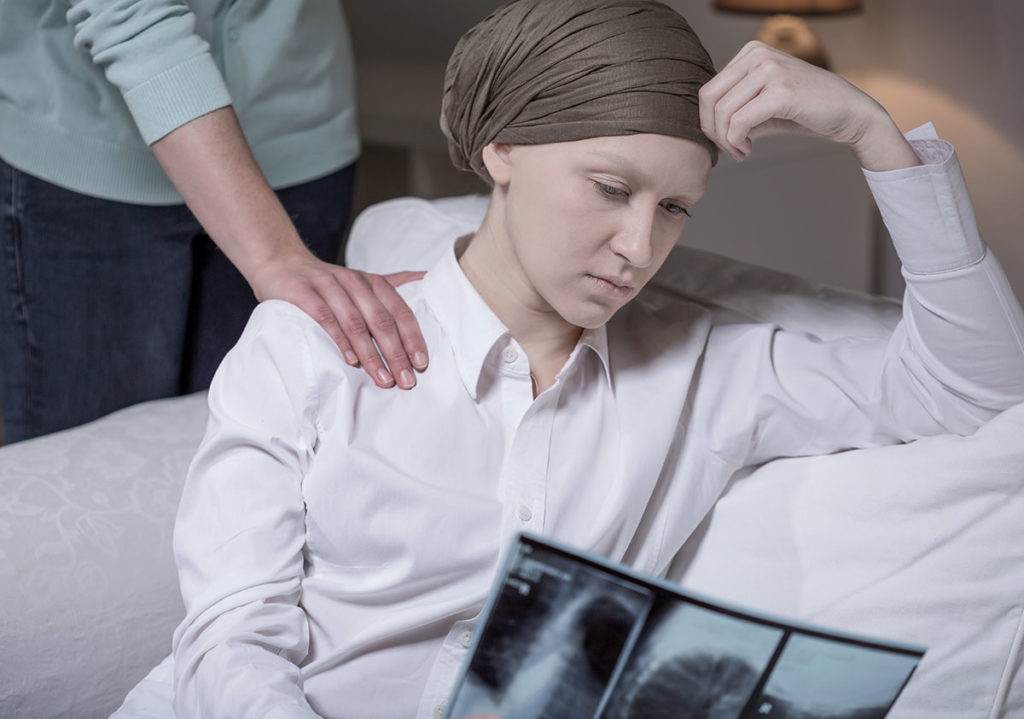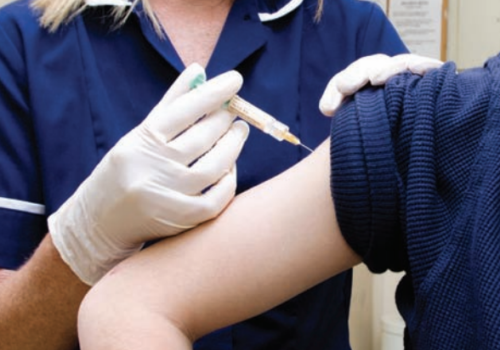Breast pain, also known as mastalgia and mastodynia, is the commonest reason for consultation about breast problems in both UK primary care and breast units. Most women can be managed by their GPs with reassurance, advice and first-line treatments, but it is essential to identify women who need referral, especially the small minority presenting with pain as a symptom of breast cancer.





























